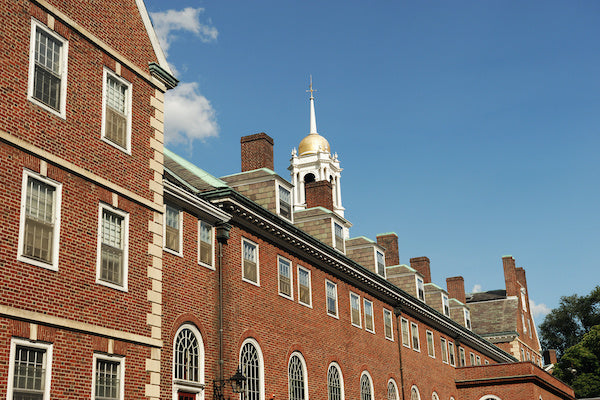Your Cart is Empty
We have joined with 50 colleagues to create a new Council on Academic Freedom at Harvard. It’s not about us. For many years we have each expressed strong and often unorthodox opinions with complete freedom and with the support, indeed warm encouragement, of our colleagues, deans, and presidents.
Yet we know that not all is well for more vulnerable colleagues and students. Harvard ranks 170th out of 203 colleges in FIRE’s Free Speech Rankings, and we know of cases of disinvitation, sanctioning, harassment, public shaming, and threats of firing and boycotts for the expression of disfavored opinions. More than half of our students say they are uncomfortable expressing views on controversial issues in class.
Harvard University has more than 100 students who are in the Reserve Officer Training Corps. They will get their diploma and then put their life on the line for their country, serving under a secretary of defense, if he is still in his job by spring, who has nothing but contempt for their education and their alma mater.
In a statement issued on Friday, Pete Hegseth charged that Harvard is graduating officers with “heads full of globalist and radical ideologies that do not improve our fighting ranks.” He declared that the Pentagon would cut all ties with Harvard and its programs.
The University of California, Los Angeles, is the latest university to fire an employee for making negative comments about Charlie Kirk after his killing last fall, the Los Angeles Times reported.
After a gunman killed right-wing influencer Charlie Kirk during an event at Utah Valley University last September, Johnathan Perkins, director of Race and Equity at UCLA, shared his reaction in a series of posts on Bluesky. “Good riddance,” read one; “It is OKAY to be happy when someone who hated you and called for your people’s death dies—even if they are murdered,” read another. And finally, “I’m always glad when bigots die.”
Click here for link to full article
The U.S. Department of Education will continue to target diversity, equity and inclusion programs in colleges and schools under Title VI despite a court block on its controversial anti-DEI Dear Colleague letter.
That letter, issued a year ago, announced the department’s policy interpreting Title VI — which protects students from discrimination based on race, ethnicity and national origin — to prohibit DEI programs. It said some college and schools’ race-based equity programs discriminate against White and Asian students and could result in federal funding loss.



